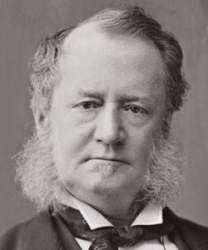Record Data
Transcription
Mr. Lincoln, the most skilful story-teller of his time, and the quickest at repartee, had his many hours of gloom. Judge Douglas said to me in 1858, when he heard that Lincoln was to be his opponent for United States Senator in Illinois, and long before the world had heard much of the tall, quaint, gaunt statesman, " I shall have my hands full. He is the strong man of his party—full of wit, facts, dates, and the best stump-speaker, with his droll ways and dry jokes, in the West. He is as honest as he is shrewd; and if I beat him, my victory will be hardly won." Everybody recalls that brilliant mental duel. Douglas had never met his match before. He had traversed Illinois when it was almost a wilderness (1837), when he was just twenty-five years old (the legal age) the day before the election, and was beaten by J. T. Stewart, the Whig candidate, by only five votes in a poll of 36,000. Never was such a contest known in the North. While at Chicago in September of 1872 I heard a gentleman say that when Douglas came in from that canvass he was the most forlorn object he ever saw. His horse, his clothes, his boots, and his hat—all were worn out. He had to use ropes for his bridle, and his saddle-bags looked as if they had seen a century's service. He was very light and agile, a sparkling boy, vital, keen, impulsive, and confident. They clubbed together and fitted him out in a new suit, and sent him on his way rejoicing. In 1840 he travelled seven months, and addressed two hundred and seven meetings in favor of Martin Van Buren, who carried the State, though Harrison was elected President. In 1843 he was elected to Congress, and stayed in the House till 1847, when he was chosen a Senator in Congress, and remained there without a rival till he died, in 1861. His great struggle was with Lincoln in 1858, whom he defeated after an unexampled campaign.




